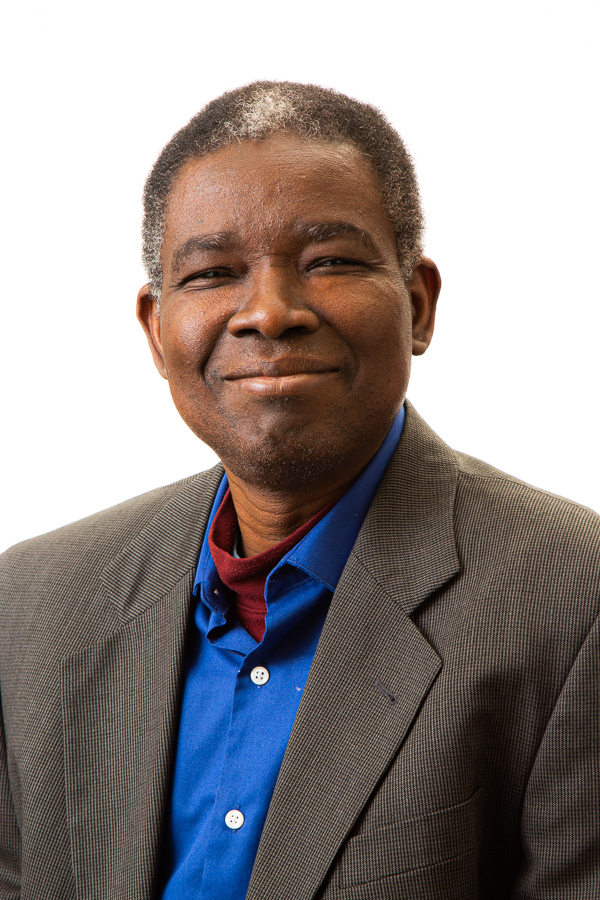
Texas Tech University and the College of Media & Communication mourns the passing of Professor Bolanle Olaniran (Ph.D., University of Oklahoma), a respected scholar, celebrated educator, and community health advocate.
Olaniran served on faculty in the Department of Communication Studies for more than 20 years and was a recognized scholar in organizational communication, intercultural communication, small group communication, conflict management, and electronic mediated communication.
“Dr. Olaniran's work in computer-mediated communication, crisis communication, and organizational communication has been truly impressive,” said Narissra M. Punyanunt-Carter, Ph.D., professor and interim graduate director for communication studies.
“One of his notable works was co-editorship of Pre-Crisis Planning, Communication, and Management: Preparing for the Inevitable (Peter Lang, 2012),” she added. “His work has been featured in several highly respected communication and interdisciplinary journals, regionally, nationally, and internationally.”
Olaniran’s research gained recognition for academic excellence, and he was awarded the American Communication Association’s Outstanding Scholar in the Communication Field in 2002. He was the recipient of the Office of the President’s Excellence in Teaching Award in 2007. Likewise, he was nominated for the TTU Chancellor’s Distinguished Teaching Award in 2007.
Olaniran also edited and co-edited numerous academic papers and participated in several invited lecture series in Taiwan, Russia and China.
“Professor Olaniran spent most of his professional life in service of Texas Tech but also gave generously of his time and efforts for his community,” said David D. Perlmutter, Ph.D., professor and dean of the College of Media & Communication.
Olaniran founded an educational nonprofit group called Sickle Cell Ministries. With the support of his church family, SCM helped spread important information and other outreach services to those impacted by sickle cell disease, a hereditary condition that heavily struck Olaniran’s own family: not only was he diagnosed with it in 1974 while growing up in Nigeria, but he also lost two brothers to the disease, events which provided the impetus to build the nonprofit.
According to the Centers for Disease Control and Prevention, sickle cell disease is a blood disorder which impacts the ability of the body’s red blood cells to carry oxygen through the blood vessels and tends to affect people of African descent, although it’s also found in other populations around the world.
The disease causes the blood cells to become deformed in a curved shape (instead of being round and smooth), reducing the cell’s lifespan and capacity to carry oxygen and causing severe pain, infection and possible organ failure.
Those affected by sickle cell disease need to have frequent blood transfusions to remain healthy. Olaniran had undergone 15 blood transfusions and several long-term hospitalizations as part of his medical care.
The disease not only affected his body; it also affected Olaniran’s lifestyle as a frequent traveler. Since it decreased his ability to use oxygen, it limited his traveling for his ministry work in Africa, Southeast Asia and Brazil.
Despite living with sickle cell disease, Olaniran was known in the college for his positive, uplifting personality, collegiality, and a constant smile on his face.
“I always walked away from a conversation with Dr. Olaniran, or from simply just greeting him, feeling better about the day ahead,” associate professor of practice Jerod Foster, Ph.D., said. “His spirit for life translated well for faculty, staff and students alike. He’ll be missed by many far beyond the walls of the building.”
Services for Olaniran were held Monday, June 28 at Redbud Baptist Church. Follow the link to read his official obituary, provide condolences, and plant a tree in his honor.
